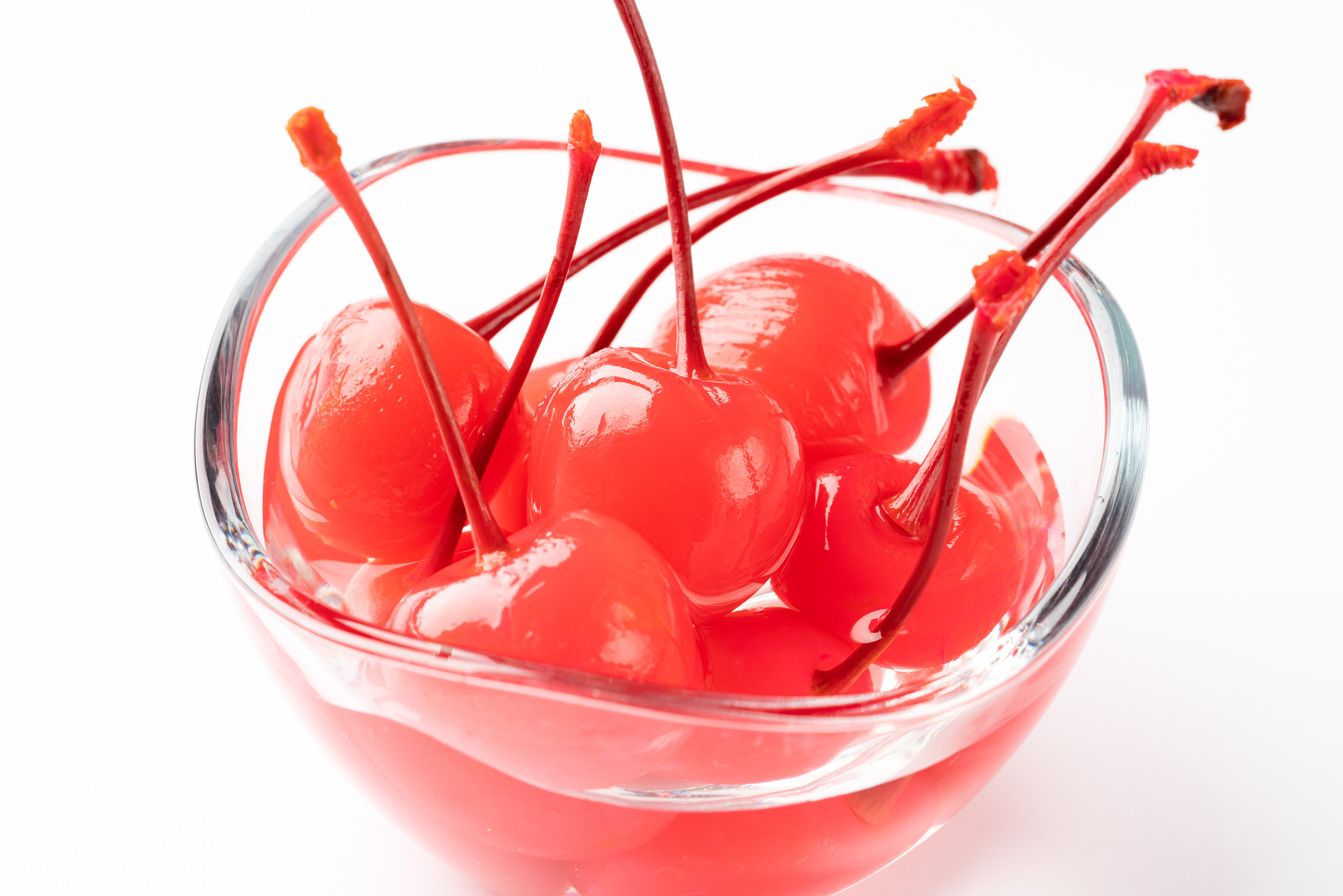Does a criminal justice system that prioritizes punishment over rehabilitation perpetuate a cycle of violence and inequality? The Alliance for Safety and Justice, a national group of crime survivors, thinks so.
America’s criminal justice system is one of the most obvious displays of pervasive racial disparity the country has yet to fix. Studies show that black men are six times more likely to be incarcerated than white men. Additionally, statistics show that about 68% of formerly incarcerated individuals will re-offend within three years of their release and about 77% will re-offend within five years. How much does it cost to keep this overwhelmed and ineffective system going? American taxpayers spend $80 billion per year.
The Alliance for Safety and Justice has set out to rethink the criminal justice system, with a focus on healing rather than punishment. They believe that America’s criminal justice system does not address the root cause of crime.
Robert Rooks, the organization’s co-founder, and vice president explains, “One thing that is often missing in conversations about what will keep us safe is the people who were the victims of crime. Part of our work is to bring them into the conversation and be responsive to their needs. We need to create communities that address the cause of the crime, prevent crime, and keep people safe.”
Survivors of crime and the people who harm them are often one and the same. Many crimes are committed by individuals who were, at some point, a victim of crime themselves. The justice system does not ensure that these individuals are given the resources necessary to cope and recover from their victimization. Statistics suggest that victimization, if unattended to, perpetuates itself into future crimes, creating a dangerous cycle.
This by no means strips offenders of responsibility for their crimes. It does, however, force society to question what our responsibility is to those who have been harmed. Organizations like the Alliance for Safety and Justice are advocating for a focus on healing to put an end to cycles of abuse. And they’re using the strength and experience of crime survivors to enact this change.
Last year, survivors helped pass Florida’s first criminal justice reform policy in 20 years. The bill created job opportunities for people with felony convictions and removed barriers for crime survivors to access victim compensation. It also made resources for released felons more readily available, such as counseling and mental health support.
While it would certainly be understandable for victims of crime to seek the strictest punishments possible for offenders, these individuals see a greater need – preventing others from experiencing what they did. They also recognize the weight their voices carry in enacting real, systemic change. Perhaps the best way to change this broken system is to start at the root of the issue, and that’s exactly what the Alliance for Safety and Justice aims to do. Rather than focusing on increasing punitive measures, they see a greater purpose in fighting for reform that is centered on prevention and healing.












